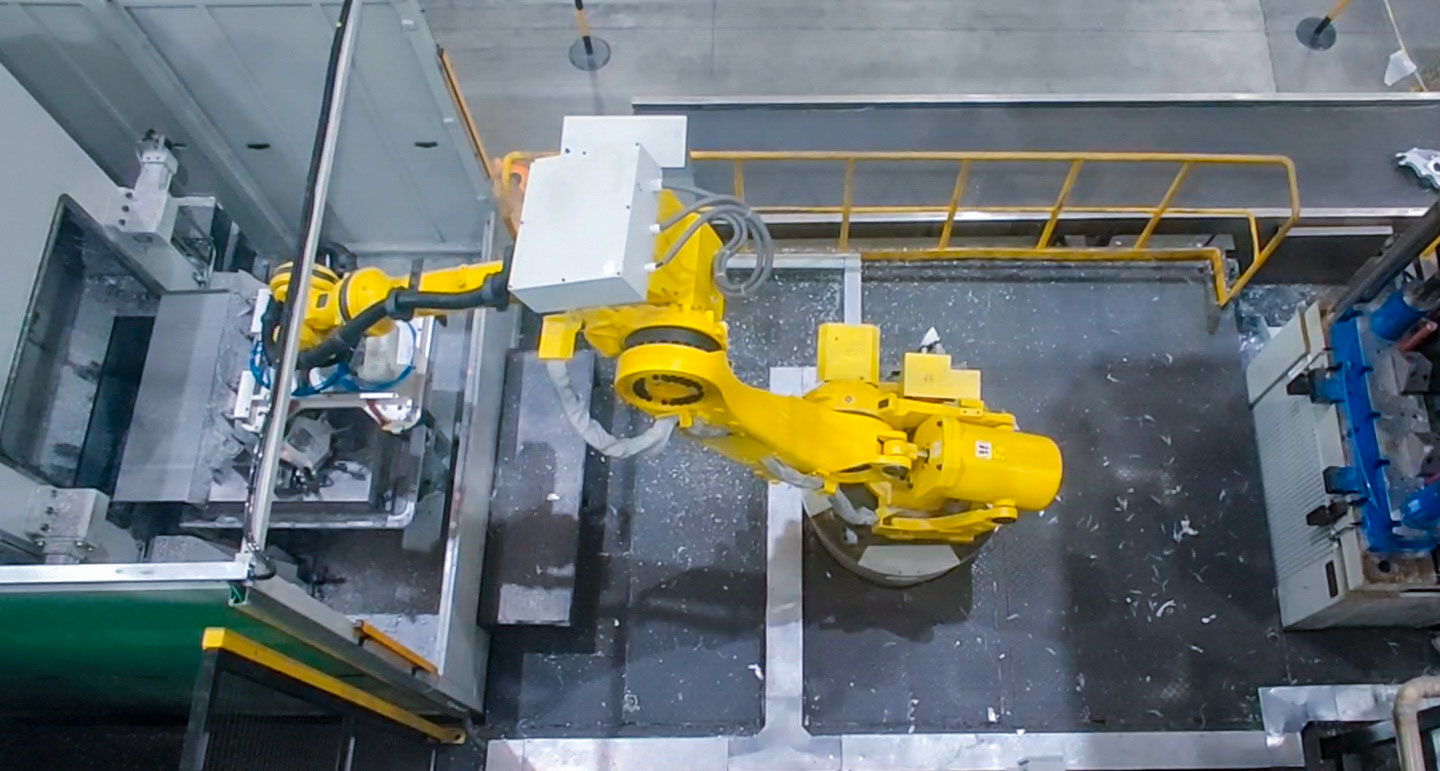Die casting process in Malaysia is now a crucial part of the country's manufacturing sector which is contributing to major industries like electronics, automotive, aerospace, and consumer goods. This metal casting process involves injecting molten metal into the mold at high pressure to create precision, long-lasting, and top-quality parts. Through the years, Malaysia has developed a solid reputation for its casting capabilities, attracting both international and local businesses looking for efficient manufacturing solutions. The country's strategic location within Southeast Asia, skilled workforce, and growing technological advancements make it an ideal hub for precision metal parts production. Industries are demanding lighter, complex, and high-strength metal parts, the die-casting sector is expanding in order to keep up with the changing demands of markets. As manufacturing trends shift toward automation and sustainability, Malaysia's die-casting industry is poised for even greater expansion in the next few years.

Automotive is among of the largest consumers of die-cast components in Malaysia, as manufacturers rely on the process for robust and light-weight vehicle components. Engine blocks, transmission cases as well as structural parts usually are constructed from magnesium and aluminum alloys due to their high weight-to-weight ratio as well as durability to corrosion. With the shift towards electric vehicles , the demand for precision die-cast components is growing as companies focus on enhancing efficiency and decreasing overall vehicle weight. There are many Malaysian die-casting companies have established partnerships with global automotive brands, supplying critical components which meet the strictest international quality standards. The role of Malaysia in the auto industry is enhanced by investment in research and development, which help improve production techniques and help ensure that companies remain competitive in a rapidly evolving market. With the integration of automation and intelligent manufacturing and die-casting, the industry will become more effective and creative in the years ahead.
Die casting is also essential to the electronics and telecommunications industries in Malaysia where accuracy and reliability are essential. The nation is a leading exporter of electronic components supplying global brands with high-quality heat sinks, metal enclosures, and connectors. Die casting's ability to make complex forms with tight tolerances is ideal for the production of the components that fit seamlessly into various electronic gadgets. A lot of Malaysian die-casting firms work with technology firms to develop custom solutions for smartphones, laptops as well as data centers and telecommunications equipment. As the growth continues in the electronic economy, demand for advanced die-cast components is expected to rise. The companies are working on increasing thermal conductivity, electrical shielding, and lightweight properties in order to increase the efficiency of electronic components. Automatization and intelligent manufacturing processes is further driving effectiveness in the manufacture of precision metal components.
Sustainability has been a primary focus in Malaysia's die-casting industry as companies strive to minimize the impact on the environment while still maintaining production standards. Recycling and reuse of metals are standard practices in the industry. They help reduce waste and lower production costs. A lot of manufacturers have implemented efficient and energy-efficient casting techniques to reduce carbon emissions. The push for sustainable manufacturing is resulting in adoption of cleaner processes, such as vacuum die casting and low-pressure die casting, which minimize production waste and enhance the quality of final products. The use of environmentally friendly coatings and treatments further enhances the durability of components made by die casting without causing harmful environmental effects. With the shift of global industry towards greener production methods, Malaysian die-casting companies are setting themselves up as the experts in environmentally the sustainable casting of metals. The support of the government of green initiatives as well as the industry's certifications help businesses adopt environmentally responsible practices while remaining competitive in the global market. To get more information please see it here

The constant advancement of mold design and tooling has dramatically increased the effectiveness and accuracy of die casting in Malaysia. Molds that are of high-quality are crucial to creating components with no defects. the manufacturers are utilizing computer-aided design and computer-aided manufacturing software to enhance the accuracy in their moulds. Simulation software lets engineers predict potential defects and optimize the parameters of casting before beginning production, reducing material waste and improving product consistency. Utilizing robotics and automation in the molding process has further streamlined manufacturing, which allows producers to make large amounts of parts with little human intervention. The technological advancements have not only increased productivity but also lowered cost which makes Malaysian die-casting companies better positioned in the international market. Since industries require greater precision and efficiency, continued investing in mold design as well as tooling will be essential for continuing the expansion of the sector.
In the near future, the outlook of casting metal in Malaysia promises to be bright, thanks to ongoing investing in the latest technology, sustainability as well as workforce development. Industry and government officials collaborate to boost research and development, fostering innovation in metal casting techniques. Training programs and skill development initiatives are being launched in order to train workers in advanced die-casting technologies. In a time when industries like electric vehicles, renewable energy, and smart devices continue to grow, the die-casting industry in Malaysia can meet the rising demand for top-quality metal parts. With its strong production capabilities, modern technology as well as sustainable methods ensures that Malaysia is a major player in the global die-casting sector. As the industry continues to improve and strategically growth, the sector is expected to drive growth while maintaining its reputation for quality manufacturing and precision engineering.
Comments on “Die Casting in Malaysia: Advancing Technology for a Aggressive Industry”